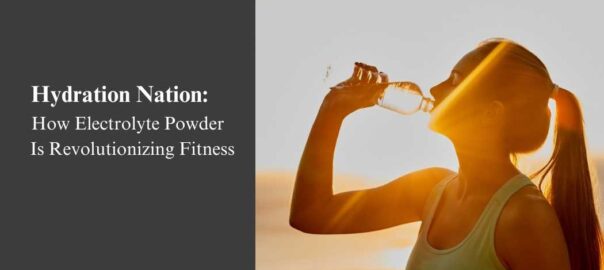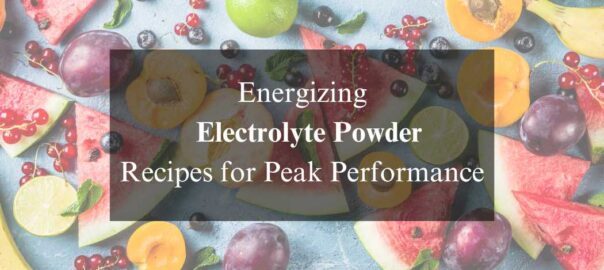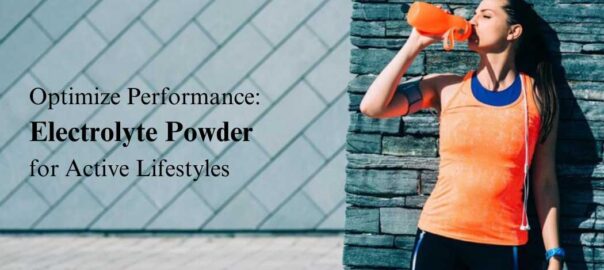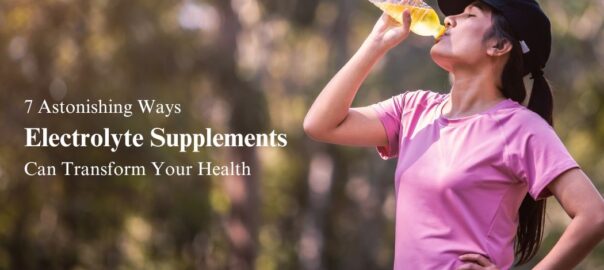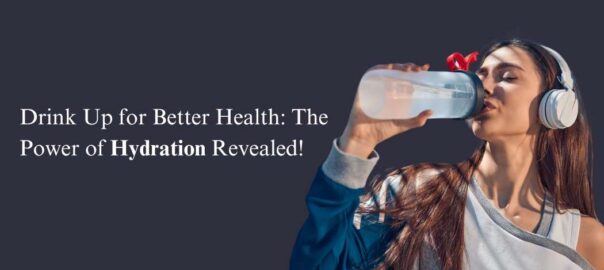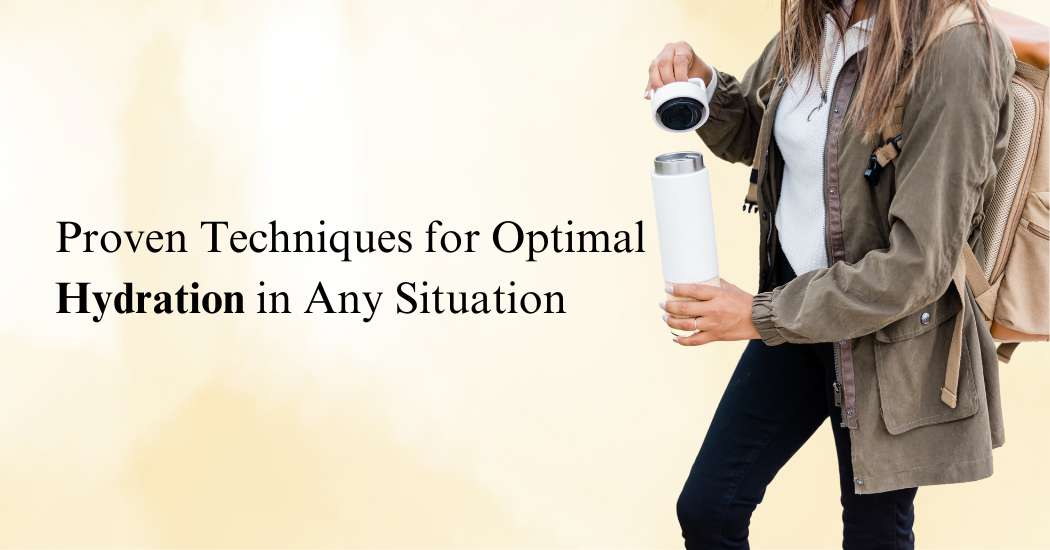
Understanding Hydration: The Basics
In our modern, fast-paced world, hydration is often overlooked, yet it remains a cornerstone of overall health and well-being. Whether you’re an athlete striving for peak performance or an individual navigating the challenges of daily life, mastering hydration is essential for vitality and longevity. We understand the critical role hydration plays in achieving optimal health, and we’re here to empower you with proven techniques to ensure you stay hydrated in any situation.
Before diving into advanced hydration techniques, it’s crucial to grasp the fundamentals. Hydration is the process of providing your body with an adequate amount of water to maintain proper physiological functions. Water comprises a significant portion of our bodies and is involved in nearly every biological process, from regulating body temperature to aiding in nutrient absorption and waste removal.
The Importance of Optimal Hydration
Optimal hydration is not merely about preventing thirst; it’s about supporting your body’s intricate mechanisms to function at their best. Dehydration, even at mild levels, can lead to a cascade of adverse effects, including decreased cognitive function, impaired physical performance, and compromised immune function. By prioritizing hydration, you can enhance your energy levels, mental clarity, and overall health.
Hydration Strategies for Every Situation
Hydration Throughout the Day
Maintaining hydration isn’t just about chugging water when you feel thirsty. It’s a continuous process that requires mindful attention throughout the day. Start your morning with a glass of water to kick start your hydration, and aim to drink consistently throughout the day. Keep a reusable water bottle with you as a reminder to stay hydrated, especially during busy periods.
Electrolyte Balance
Electrolytes, such as sodium, potassium, and magnesium, play a crucial role in hydration by regulating fluid balance within the body. While water is essential, replenishing electrolytes is equally important, especially during intense physical activity or in hot environments. Incorporate electrolyte-rich foods and beverages into your diet, such as bananas, coconut water, and sports drinks.
Strategic Hydration for Exercise
Physical activity increases fluid loss through sweat, making adequate hydration paramount for optimal performance and recovery. Develop a personalized hydration plan based on the duration and intensity of your workouts. Hydrate before, during, and after exercise, and consider sports drinks or electrolyte supplements for prolonged or intense activities.
Hydration for Specific Needs
Certain circumstances may require tailored hydration approaches. For example, individuals living in high-altitude environments or extreme temperatures may need to increase their fluid intake to compensate for increased water loss. Similarly, pregnant or breastfeeding women, as well as older adults, may have unique hydration requirements that warrant special attention.
Monitoring Hydration Status
Determining your hydration status is key to ensuring you’re meeting your body’s needs. While thirst is a reliable indicator of dehydration, other factors, such as urine color and frequency, can provide valuable insights. Aim for pale yellow urine and regular bathroom trips as signs of adequate hydration. Additionally, monitoring changes in weight before and after exercise can help gauge fluid loss.
Conclusion
Mastering hydration is a journey that requires diligence, awareness, and commitment. By incorporating these proven techniques into your daily routine, you can unlock the benefits of optimal hydration and elevate your health and performance to new heights. we’re dedicated to providing you with the knowledge and resources you need to thrive. Stay hydrated, stay healthy, and embrace the power of optimal hydration.
FAQ’s
The recommended daily intake varies based on factors like age, weight, activity level, and climate. As a general guideline, aim to drink about 8 glasses of water a day, but adjust this amount based on your individual needs.
Yes, it is possible to overhydrate, a condition known as hyponatremia. Drinking excessive amounts of water without proper electrolyte balance can dilute the sodium levels in your blood, leading to health complications. It’s essential to listen to your body’s cues and hydrate in moderation.
It depends on the intensity and duration of your exercise. While water is sufficient for most workouts, sports drinks containing electrolytes can be beneficial during prolonged or intense physical activity to replenish lost fluids and minerals.
Yes, certain fruits and vegetables have high water content and can contribute to your overall hydration. Watermelon, cucumbers, oranges, and celery are examples of hydrating foods that can complement your fluid intake.
Signs of dehydration include thirst, dry mouth, dark urine, fatigue, and dizziness. To prevent dehydration, drink water regularly throughout the day, especially in hot weather or during exercise. Pay attention to your body’s signals and prioritize hydration as part of your daily routine.
Q




